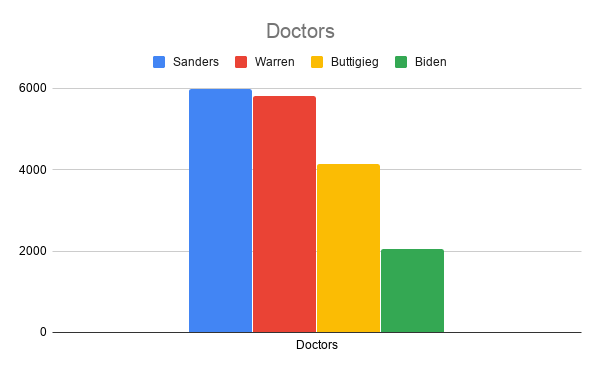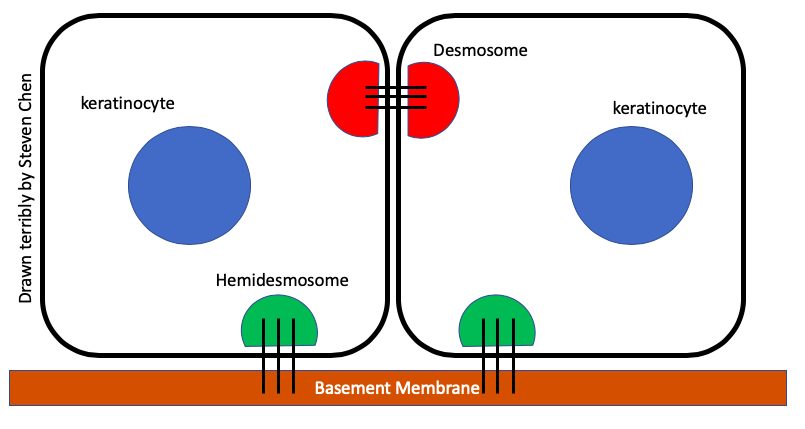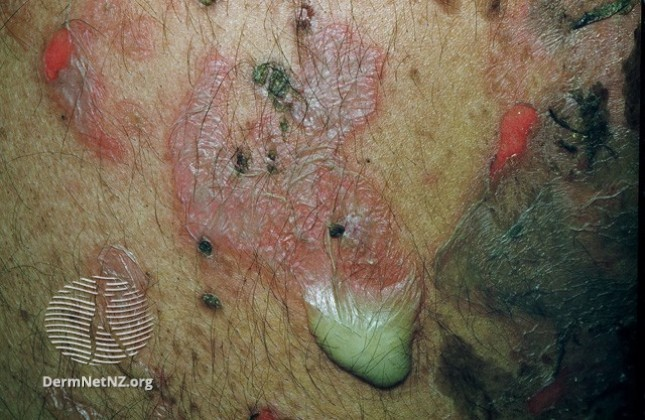So, what does lactate most appropriately represent?
1/
First, is this real? And then, most importantly, is this clinically relevant?
To unravel this mystery-we need to know where lactate comes from!
2/
In hypoxia, the NADH to NAD+ ratio increases because the powerhouse of the cell can’t oxidize!
4/
So, hypoxia DOES generate lactate biochemically, but...does this happen clinically the same way?
5/
In fact, according to this study, in patients w/ elevated lactate, there is evidence for hypoxia in only the MINORITY of cases!
ncbi.nlm.nih.gov/m/pubmed/30985…
6/
ncbi.nlm.nih.gov/m/pubmed/33710…
7/
My favorite clue comes from what is known as the “Lactate Paradox.”
8/
ncbi.nlm.nih.gov/m/pubmed/29617…
9/
At high altitude, the energy expenditure of these men was lower due to reduced exercise power outputs!
So power and lactate seem to be related...
10/
How? Well, glycolysis results in pyruvate! Remember our equation from earlier?
Physiologically, the equation is in balance with the lactate: pyruvate ratio at 10:1.
11/
So, why would our body increase glycolysis...?
12/
We know b2 agonism, aka catecholaminergic agonism, increases glycolysis (to make ATP).
This b2 agonism ALSO activates Na/K pumps that consume the glycolysis ATP, making ADP, further increasing the need for glycolysis.
⬆️glycolysis = ⬆️pyruvate = ⬆️lactate.
What did they find?
14/
Meaning, physiologic stress causes lactate elevations clinically INDEPENDENT of hypoxia!
15/
ncbi.nlm.nih.gov/m/pubmed/16810…
This is where the “lactate shuttle” hypothesis comes in. It’s complex, but ultimately, the idea is that lactate helps mobilize “slow” energy via the Cori cycle (AHH THE CYCLES RETURN!).
16/
Lactate is NOT INHERENTLY hypoxia related so attempts at increasing tissue oxygenation if hypoxia is not the stressor are likely to result in HARM!
18/
jtd.amegroups.com/article/view/3…
- lactate CAN be generated from hypoxic anaerobic metabolism, but this doesn’t appear to be valuable clinically
- lactate is more likely to represent increased physiological stress! Mechanistically, it’s why we see increases in lactate when we give albuterol!
- an elevated lactate should alert you to physiologic stress, be broad in your approach! Don’t lacto-bolo!












